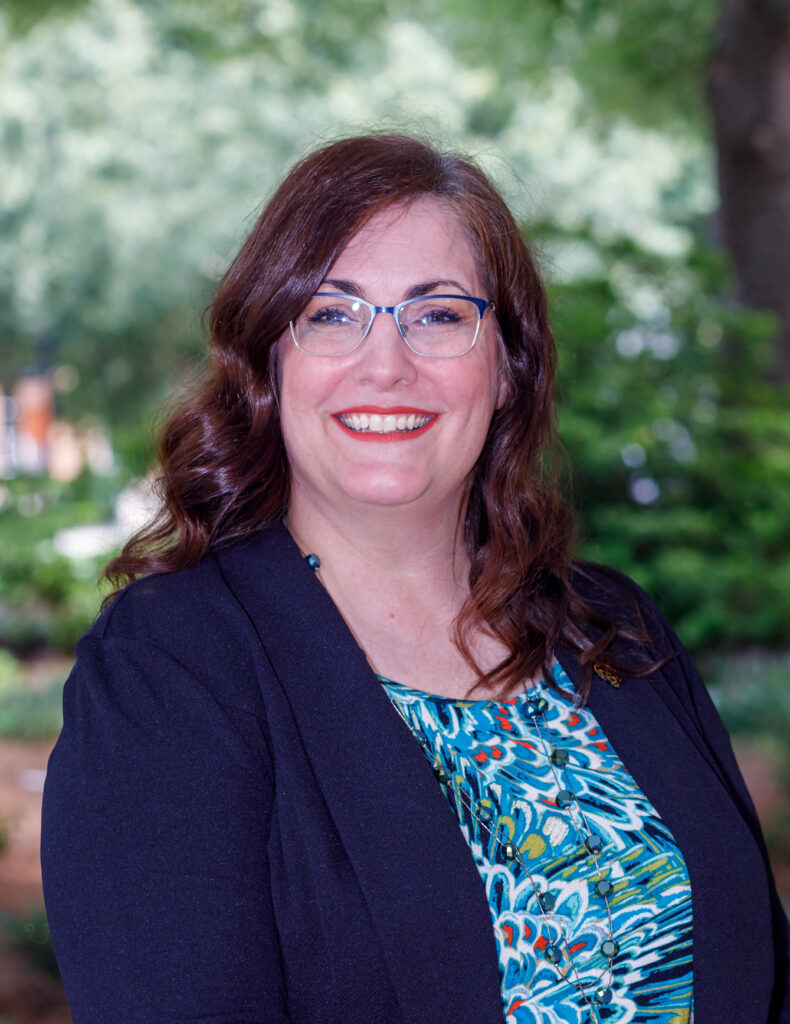Advent: Born to Set the People Free

Luke 1:5-17
In the days of King Herod of Judea, there was a priest named Zechariah, who belonged to the priestly order of Abijah. His wife was a descendant of Aaron, and her name was Elizabeth. Both of them were righteous before God, living blamelessly according to all the commandments and regulations of the Lord. But they had no children, because Elizabeth was barren, and both were getting on in years.
Once when he was serving as priest before God and his section was on duty, he was chosen by lot, according to the custom of the priesthood, to enter the sanctuary of the Lord and offer incense. Now at the time of the incense-offering, the whole assembly of the people was praying outside. Then there appeared to him an angel of the Lord, standing at the right side of the altar of incense. When Zechariah saw him, he was terrified; and fear overwhelmed him. But the angel said to him, ‘Do not be afraid, Zechariah, for your prayer has been heard. Your wife Elizabeth will bear you a son, and you will name him John. You will have joy and gladness, and many will rejoice at his birth, for he will be great in the sight of the Lord. He must never drink wine or strong drink; even before his birth he will be filled with the Holy Spirit. He will turn many of the people of Israel to the Lord their God. With the spirit and power of Elijah he will go before him, to turn the hearts of parents to their children, and the disobedient to the wisdom of the righteous, to make ready a people prepared for the Lord.’
Born Thy people to deliver,
Born a child, and yet a King,
Born to reign in us forever,
Now Thy gracious kingdom bring.
Today’s scripture reading, Luke 1:5-17, sets the stage for the birth of John the Baptist, the cousin and forerunner of Jesus. Let’s consider the annunciation stories of John the Baptist and Jesus.
The same angel, Gabriel, visits two parents-to-be, here Zechariah and soon Mary, to tell them a miraculous and holy child is on the way. Both Zechariah and Mary are shocked and incredulous of the announcement. “How can this be? My wife and I are old!” “How can this be? I have not known a man.”
When Zechariah questions, he becomes mute until the baby John’s arrival. At first thought, the removal of Zechariah’s ability to speak seems to be punishment for his doubt. What if it is not? Mary asked the same question of the same angel a mere three months later, but she was not punished. What other explanation is there for this odd consequence for Zechariah? As soon as Zechariah walks out of the temple, he is questioned. He was a priest, a man, a person with education and influence. Without speech, he does not have to answer the unanswerable. This Advent season, how will we see our own limitations? Are they punitive or are they possibilities? Just because something has been imposed upon us, must it impede us from our work? What do we gain in our losses?
In silence, Zechariah can, like Mary, ponder. He can prepare for the arrival of his son and for the arrival of his wife’s cousin. How will we prepare for the arrival of Jesus? Who will we ask for answers and who, equally informed, will we not ask because of their age, their gender, their status? Mary was chosen by God and was visited by Gabriel, but no one asked her about her annunciation experience … they wouldn’t have believed her, anyway. Even with voice, she was voiceless to her society. But she was not voiceless to God. Later in the first chapter of Luke, verses 46-55, Mary’s Magnificat is told. She eloquently praises God and her confident words move us to this day. In an Advent sermon in 1933, Dietrich Bonhoeffer said of Mary’s song that it “is the oldest Advent hymn. It is at once the most passionate, the wildest, one might even say the most revolutionary Advent hymn ever sung.” What will you now sing?
This Advent, take time for quiet reflection and preparation. What must we silence to celebrate? What voiceless source can serve as inspiration? If you have a voice, how will you use it for change?
 Amanda Coe Burton
Amanda Coe Burton
Amanda Coe Burton is the Executive Assistant to the Dean of Mercer University’s McAfee School of Theology. She currently serves as the Vice Chair of the Fellowship of Deacons at Smoke Rise Baptist Church. Prior to starting work at Mercer, Amanda worked in Children & Family Ministries at Smoke Rise Baptist Church for 17 years.